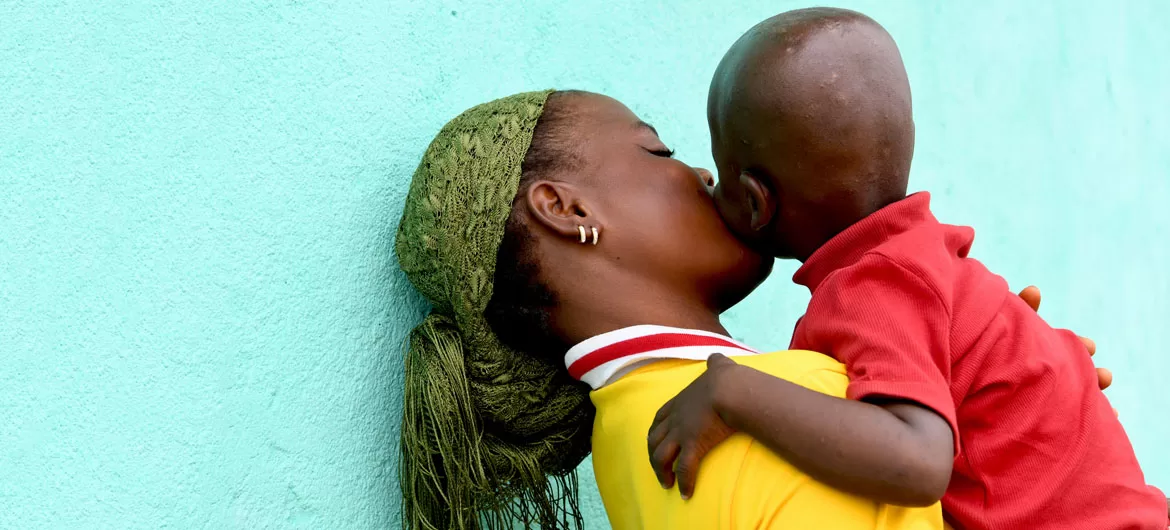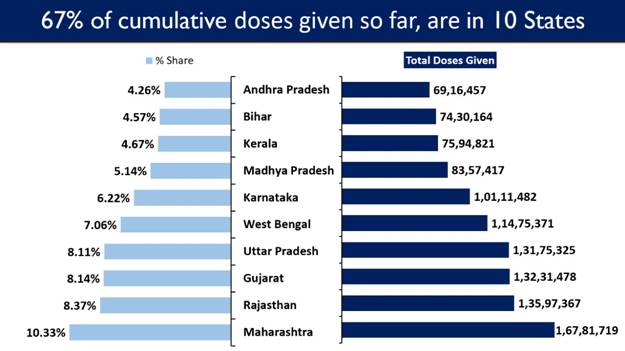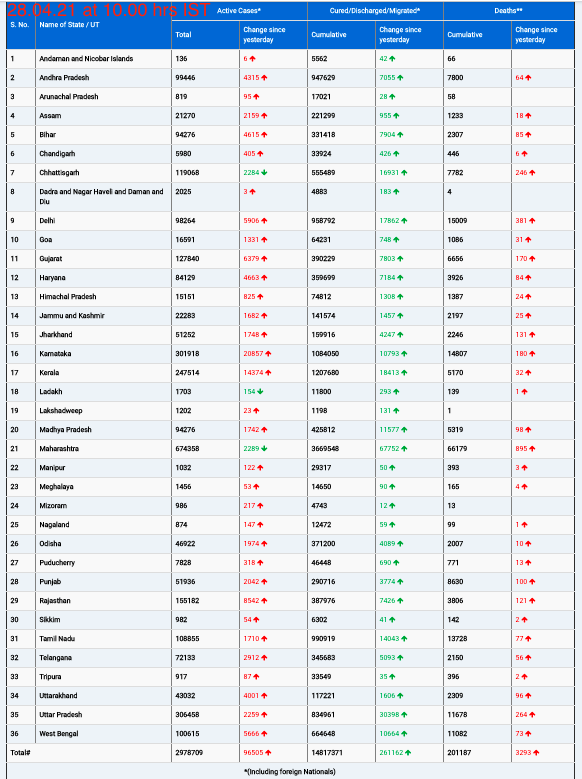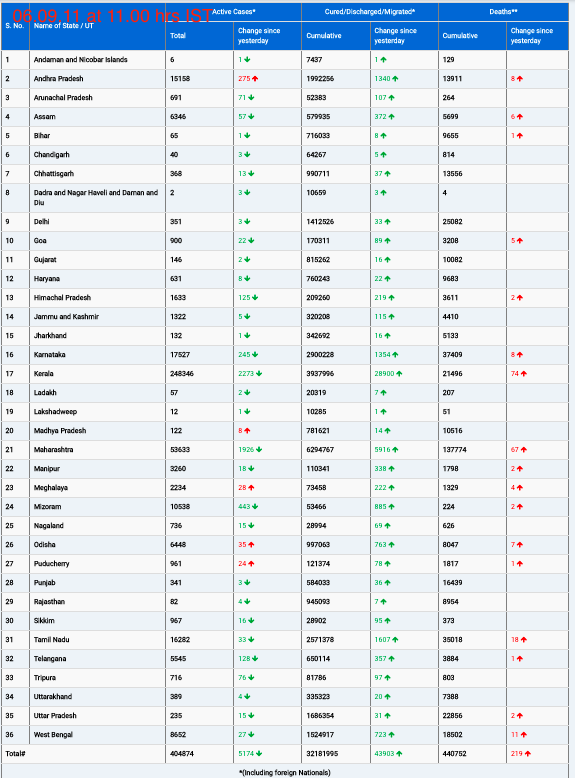DENVER: A groundbreaking study presented at the 2024 Conference on Retroviruses and Opportunistic Infections (CROI) has revealed that four children, who acquired HIV before birth, have remained free of detectable HIV for more than one year after pausing their antiretroviral therapy (ART). The study, funded by the National Institutes of Health (NIH), offers promising insights into achieving HIV remission in pediatric cases.
Led by NIAID Director Jeanne Marrazzo, M.D., M.P.H., the study demonstrated that initiating ART within 48 hours of birth and closely monitoring the children for drug safety and HIV viral suppression could lead to unique features of the neonatal immune system limiting HIV reservoir development.
“This study provides clear evidence that very early treatment enables the neonatal immune system to combat HIV, offering hope for HIV remission,” said Dr. Marrazzo. “These findings are a beacon for future HIV remission research and highlight the crucial role of global clinicians and researchers in pediatric HIV studies.”
Advances in ART have significantly reduced perinatal HIV transmission, but children typically require lifelong ART to control the virus. However, previous observations suggested that early ART initiation could limit HIV reservoirs in infants, prompting a proof-of-concept study across 11 countries.
The latest data presented at CROI showcased the experiences of six children, aged 5 years, who underwent ART interruption. Remarkably, four children achieved HIV remission, defined as the absence of replicating virus for at least 48 weeks off ART. One child experienced remission for 80 weeks, while three others remained in remission for 48, 52, and 64 weeks, respectively. However, two children did not achieve remission, with their HIV becoming detectable within weeks after ART interruption.
“These results build upon previous observations and represent a significant milestone in HIV remission research,” said lead study virologist Deborah Persaud, M.D. “Understanding these mechanisms is essential for refining HIV treatment strategies and advancing pediatric HIV care.”
The ongoing research, conducted by the International Maternal Pediatric Adolescent AIDS Clinical Trials (IMPAACT) Network, aims to identify biomarkers predicting HIV remission or rebound following ART interruption. Further studies will explore the mechanisms underlying neonatal immunity and early ART initiation in limiting HIV reservoirs.
“This trial brings us closer to a paradigm shift in HIV treatment, where ART could be used for a season of life rather than indefinitely,” said study investigator Adeodata Kekitiinwa, MBChB.
The IMPAACT P1115 study, led by co-chairs Ellen Chadwick, M.D., and Yvonne Bryson, M.D., involves hundreds of staff across 30 sites in 11 countries. The research underscores the global collaboration and dedication to advancing pediatric HIV care.
As research continues, these findings offer hope for achieving HIV remission in pediatric cases, bringing us closer to a future without HIV/AIDS.











